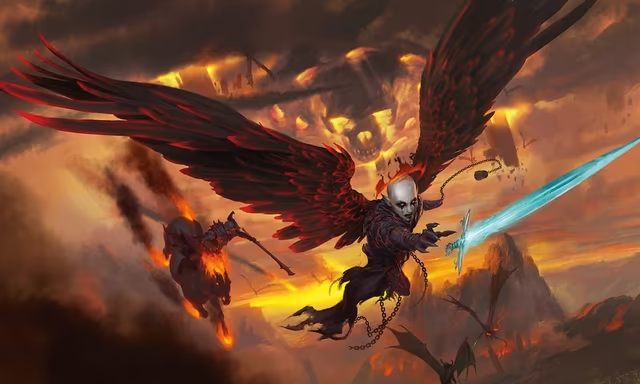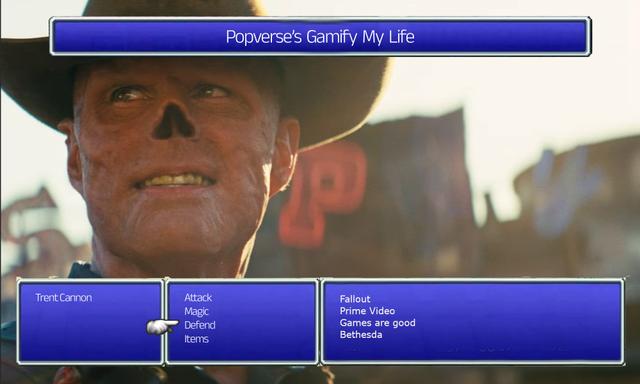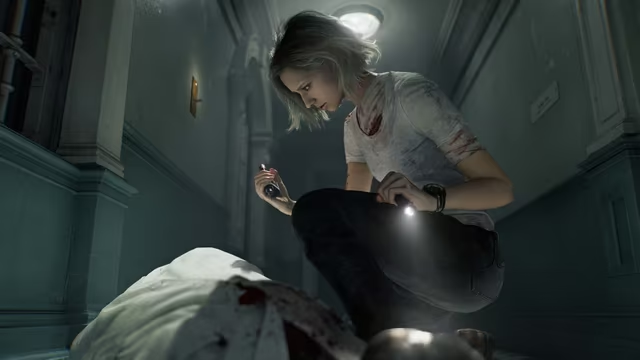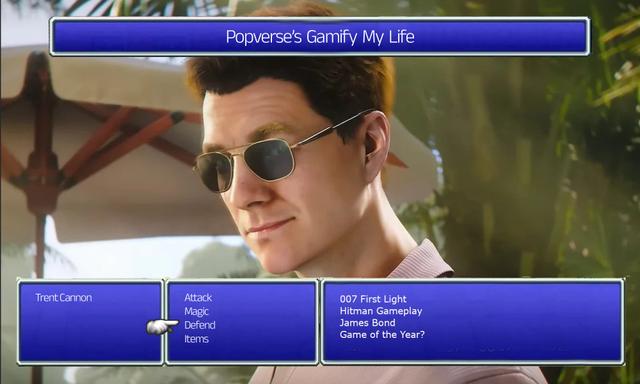If you click on a link and make a purchase we may receive a small commission. Read our editorial policy.
The three big challenges facing Marvel Studios in 2024 (and what they could learn from Marvel Comics)
Marvel Studios can learn not only from Marvel's comics, but also Marvel Comics' business

Marvel Studios have been on an unprecedented 16-year hit parade of movies, TV shows, and general interest in the Marvel brand. But in that nearly-two decade run they have unintentioanlly sowing the problems the Marvel movies & TV shows now find themselves in.
The present-day Marvel Studios is a victim of their own success, and are now living in the immense shadow of their past glories. This colors not only fans' interest in upcoming Marvel Studios projects, but undoubedly also boxes in filmmakers and actors on what they can do - or even feel they can do an an unspoken way - if they were to work with Marvel.
These challenges present themselves in three major areas - and all are things that Marvel's comic book line has been dealing with for decades. But as they learned, it's not about being perfect - it's about being better.
Marvel Studios is a victim of its own success

Success breeds complacency, and complacency gets in the way of progress. Marvel Studios has definitely had success, and we fans have sadly seen some complacency set in as Marvel Studios' sheer volume of production - from movies to TV shows - increases.
Disney CEO Bob Iger recently hit on this exact point in talking about issues with the company's films, and even calling out The Marvels specifically in one instance.
“I don’t want to apologize for making sequels,” Iger told CNBC. “Some of them have done extraordinarily well and they’ve been good films, too. I think you there has to be a reason to make them, you have to have a good story. And often the story doesn’t hold up to is not as strong as the original story. That can be a problem.”
He isn't advocating for no more sequels as that would prevent great films like Captain America: The Winter Soldier and the third and fourth Avengers movies (especially after the not-so-great Age of Ultron), but when the idea of making a sequel comes before having the idea of a good movie for the sequel, he says it's a problem.
“It doesn’t mean we’re not going to continue to make them,” he added. “We’re making a number of them now right as a matter of fact. But we will only greenlight a sequel if we believe the story that the creators want to tell is worth telling.”
Marvel again has a long history of this with its comics, trying to find the balance between striking while the iron is hot while also trying to avoid dilluting the long-term viability of a project. Marvel's publishing staff themselves would say they're never perfect, and it's not a skill you can obtain and never have to worry about it again.
Take for instance the immensely-popular The Vision comic book series by Tom King and Gabriel Hernandez Walta. That sold a lot of comics and helped make the career for King, and directly inspired Disney+'s WandaVision series. But do you remember Marvel Comics' sequel to the Vision? You may not because it never came out, but one was in the works - with different creators involved. It was even announced, but ultimately canceled when the wasn't coming together as hoped.
Marvel Studios has done this sparingly in the past - at least as far as publicly announced is concerned. Years before the Runaways TV show, Marvel Studios announced a Runaways movie - but they ultimately decided against pursuing it at the time as they felt it would direct from their focus on the bigger piece of the Marvel Studios puzzle at the time.
Yes, they're hard choices. But sometimes saying 'no' even after you've said 'yes' can be the best choice you can make. As my therapist so often tells me, don't let the past prevent you from becoming who you want to be in the future.
For Marvel Studios, continuity is a crutch

A decade or so ago, Marvel Studios used the adage "Everything is connected" as they began to branch out into TV shows. The first decade of Marvel projects were all standalone projects that, as an added bonus, built to what was to come. But now with 33 films, 18 TV series, even more shorts, and more on its way, the idea that "Everything is connected" has turned from a promise into a curse.
While continuity can work, the prominence of continuity in the fabric of MCU storytelling has turned from a thing to look forward to into a task that needs to be done (and debated later in-person and online). It also boxes in future Marvel Studios creators, actors, and even casting agents in a way that is unprecedented... with one key exception.
Marvel's comics, like Marvel Studios, have been dealing with the weight of consistent continuity for decades - before you and I were even born, most likely. Take for example, Captain America: Originally in Marvel's comics, Steve Rogers wasn't frozen in ice at the tail end of World War 2. He survived the war, and fought on well into the '50s. It was only in the early '60s did they decide that he was frozen in ice in the '40s, and retroactively made all the late '40s and '50s Steve Rogers/Captain America stories essentially wrong - saying that it was other people as Captain America, despite what it said in those comics at the the time.
In just the past few months, Marvel Studios is stumbling over themselves to keep it all straight, with October 2023's Marvel Studios: The Marvel Cinematic Universe An Official Timeline being proven moot just weeks later when Daredevil co-star Vincent D'Onofrio confirming that the company had changed their mind on if and how Daredevil and the other Netflix-era Defenders show is in continuity. By the time you read this, the MCU continuity may even have changed again, somehow. (But we hope not.)
Marvel Studios has trouble making a movie for a new fan

For some of us, we grew up on Marvel Studios movies. But now, 16 years on, we can't expect everyone who could be interested in the new Marvel Studios movie or TV show to have watched all of the things in the past. There's a real danger of the weight of Marvel Studios' past to become homework for future fans, or those who may want to enjoy it as standalone movies and not as this massive experience.
People should be able to enjoy movies as they want it, and allow others to enjoy movies as they enjoy them. But if Marvel Studios' machine rolls on and continuity increases (and the allegiance to it does), then essentially every Marvel Studios project is a sequel in some respects to what came before. And the more barriers that are put up to people simply enjoying the new thing, the more reasons there'll be to say no in favor of something else.
Marvel, and comics as a whole, have been fighting this since the '80s when the idea of long-running comic book series went from being a sure-fire way to get people in to becoming a crutch. In an effort to be more 'new reader friendly,' Marvel Comics began pushing in the '80s, and then heavily in the '90s, into shorter series and then eventually relaunches of books with new #1s - a trend that has become a staple of superhero comics, for good and for bad.
You see Marvel Studios grappling with this in the promotion of their upcoming Disney+ series Daredevil: Born Again, which is discreetly looking to capitalize on the popularity of the Netflix era Daredevil show while not saying its 'simply' a new season, despite it being the same cast.
How does Marvel Studios solve this problem?

This is a problem some have seen coming for sometime - Iron Man director Jon Favreau spoke the possibility of this several times around the release of the Avengers film. And there's no doubt that dicsussions like these have been happening at Disney and Marvel Studios going back decades, but now as the problems are becoming evident to the public we're beginning to see change already underway.
What is the change? Just look at Marvel Studios' decision to switch several planned Disney+ TV shows (or new season) into movies, and the decision to take Kevin Feige's Star Wars movie off his plate, and also the hard-and-very-public decision to retcon the retcon of the Netflix era Marvel Studios show being in MCU continuity.
But like doing quality work, this isn't a problem you suddenly solve and move on. It's a reality Marvel Studios will face every day, with every new release, to continue to listen to what fans are saying, understand what it means (even if it isn't what they say), and partner with creators who havean amazing story that'd make a great Marvel Studios project.
We're not expecting Marvel Studios to be perfect. We're just hoping they can be better.
Consider this a meta post-credits scene for Marvel fans - the four key articles you need to read next to continue the thrills:
Follow Popverse for upcoming event coverage and news
Find out how we conduct our review by reading our review policy
Let Popverse be your tour guide through the wilderness of pop culture
Sign in and let us help you find your new favorite thing.
















Comments
Want to join the discussion? Please activate your account first.
Visit Reedpop ID if you need to resend the confirmation email.